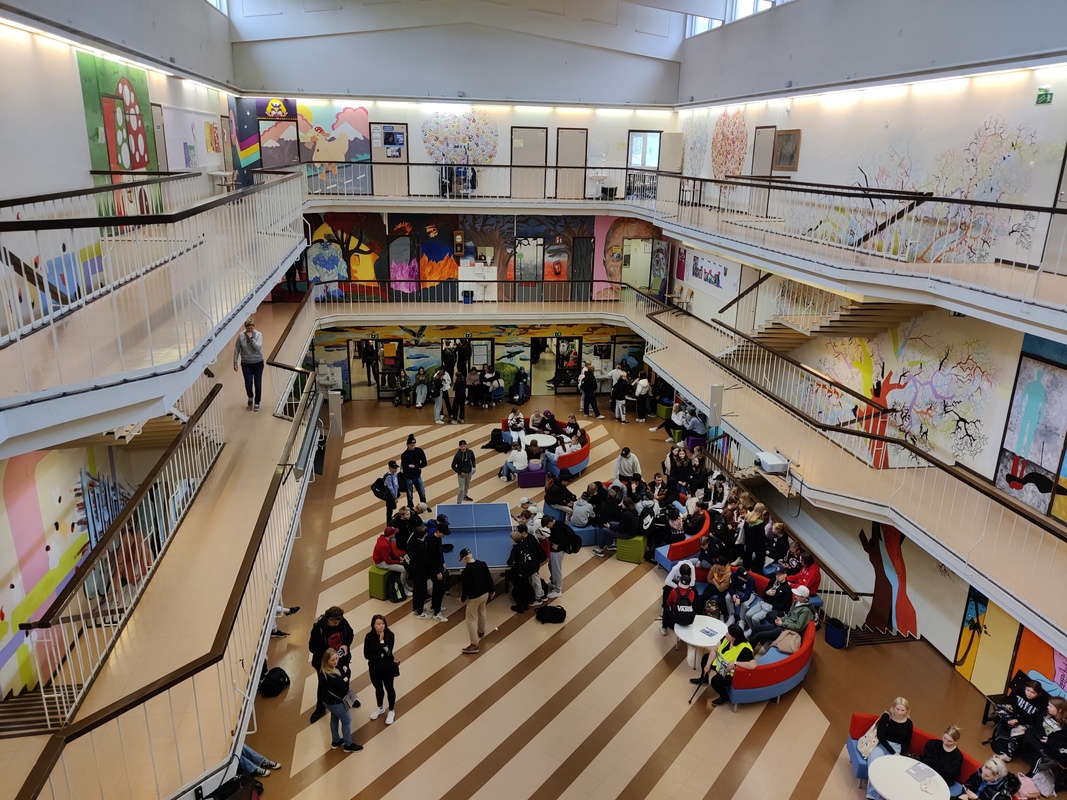In English
Facts
Urheilupuisto School is a middle-sized lower secondary school in Kouvola with approximately 400 pupils. In addition to mainstream classes, we have four classes for pupils with special needs, one class that provides flexible basic education and per every age group, there are also two classes with special emphasis on physical education. Our goal is that our pupils become tolerant, cooperative and actively participating individuals, who understand the meaning of internationalism in the changing world.
